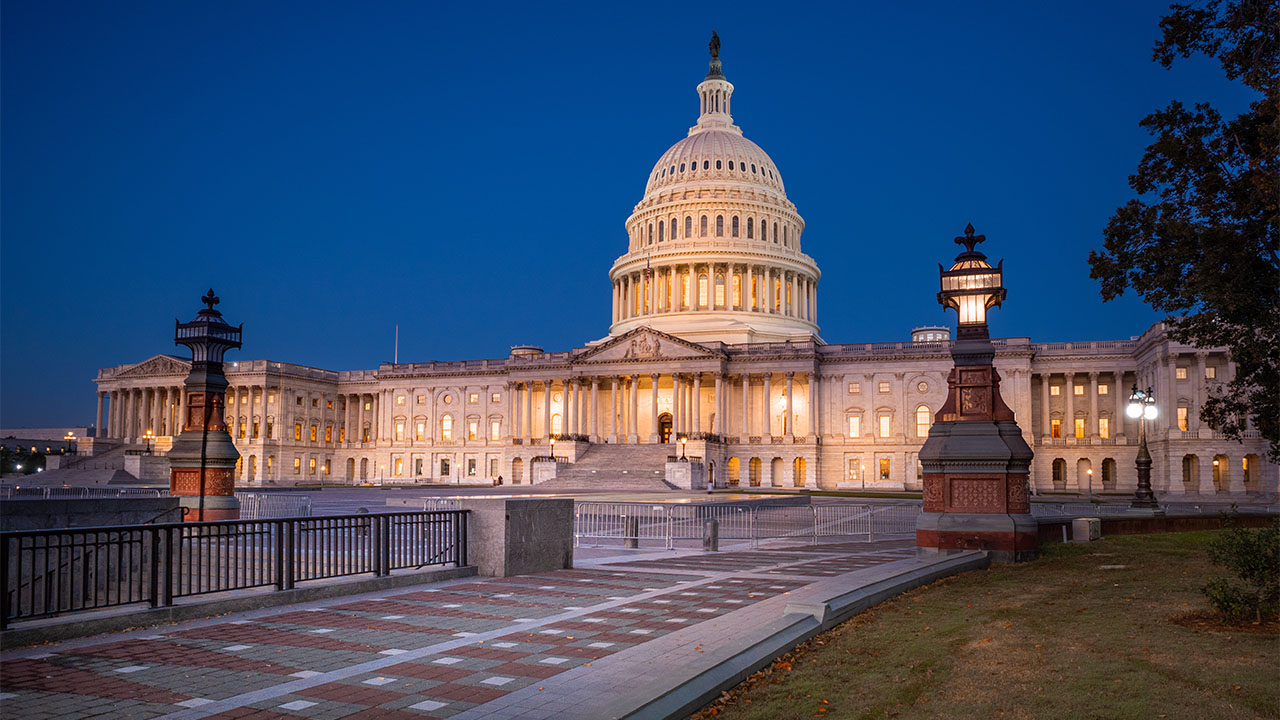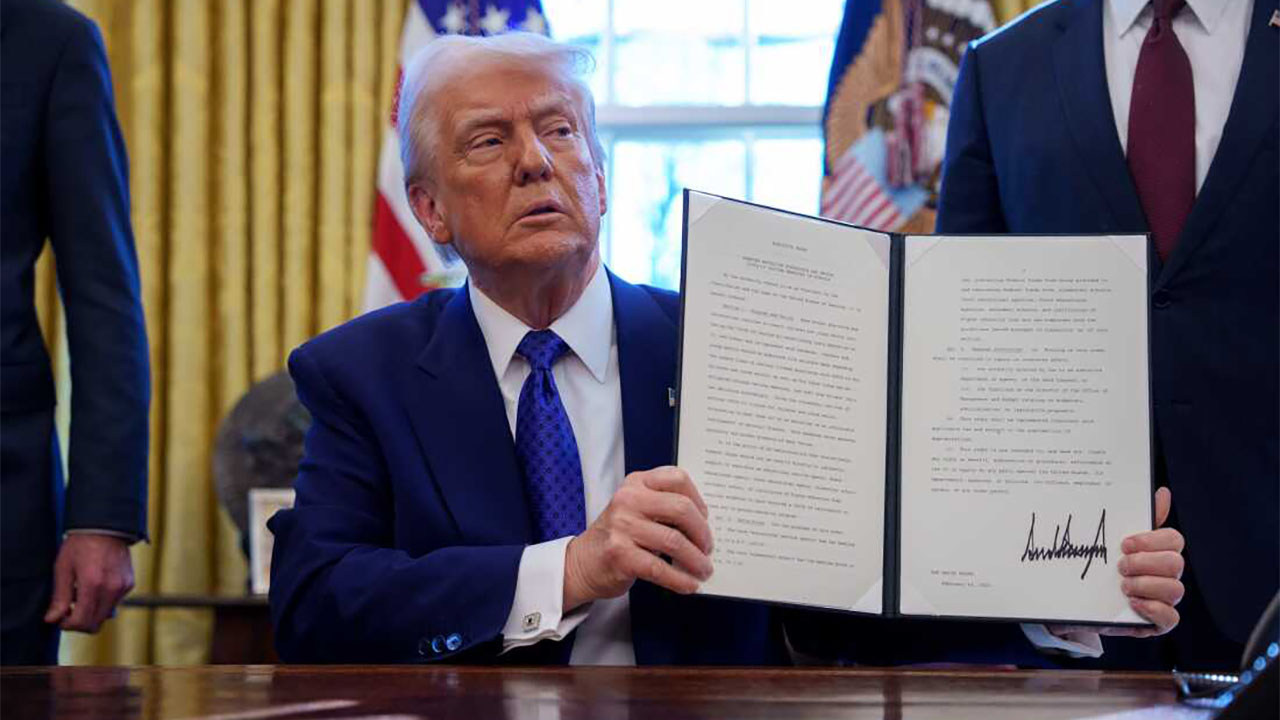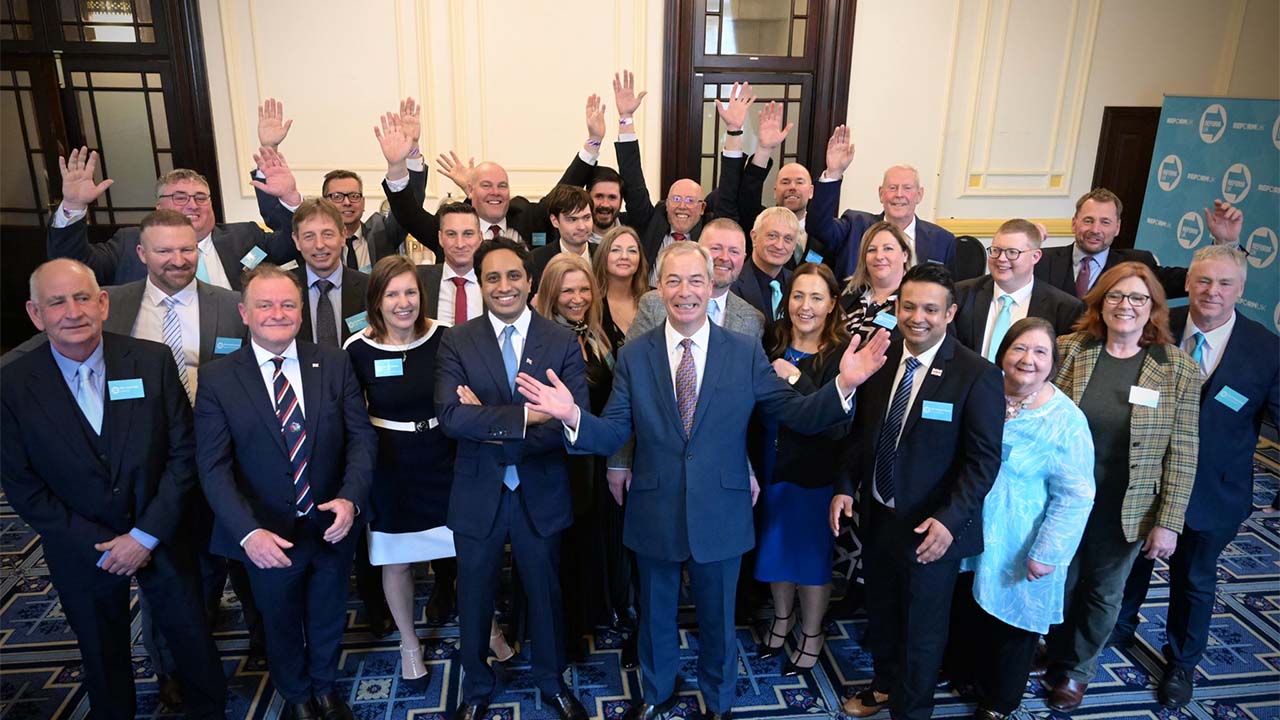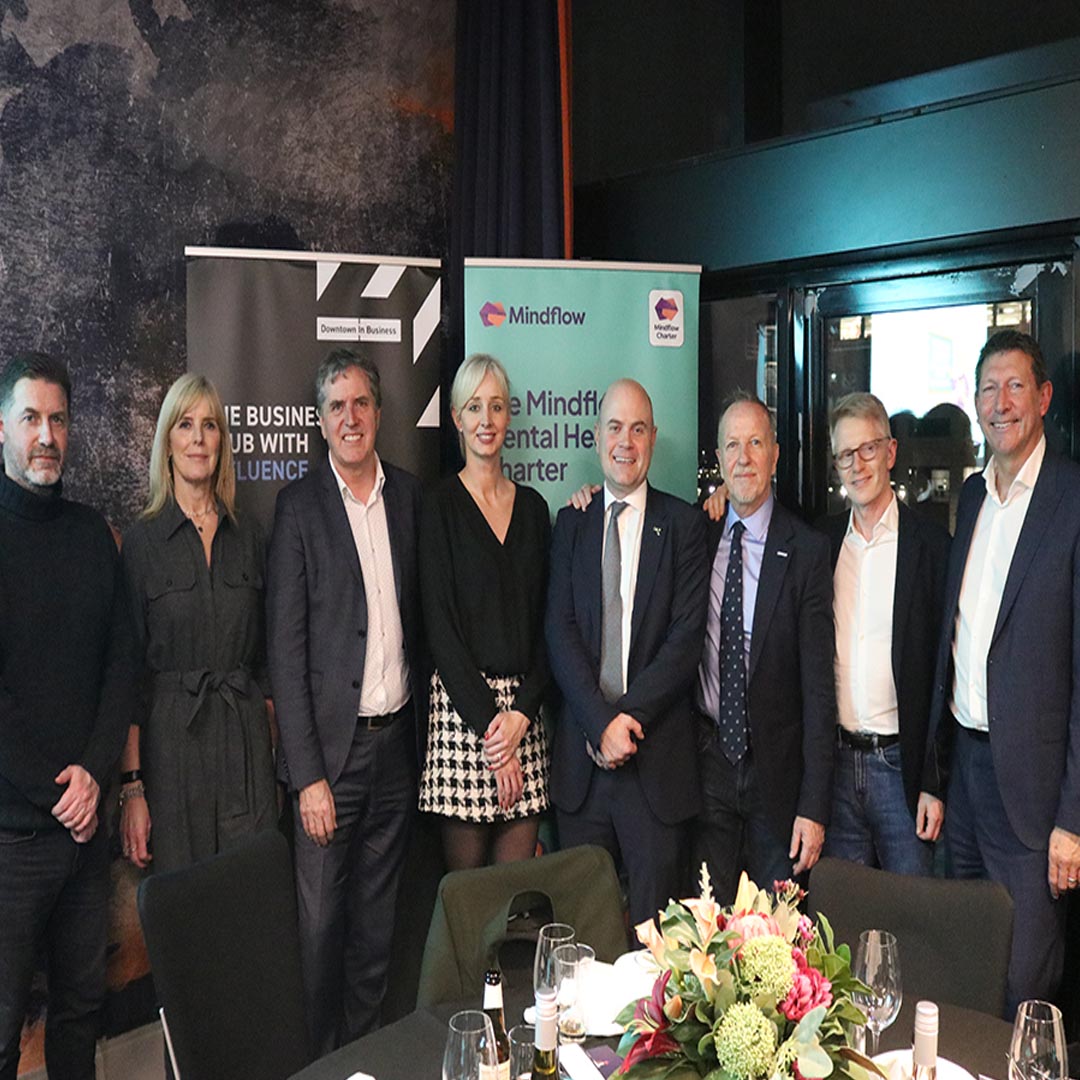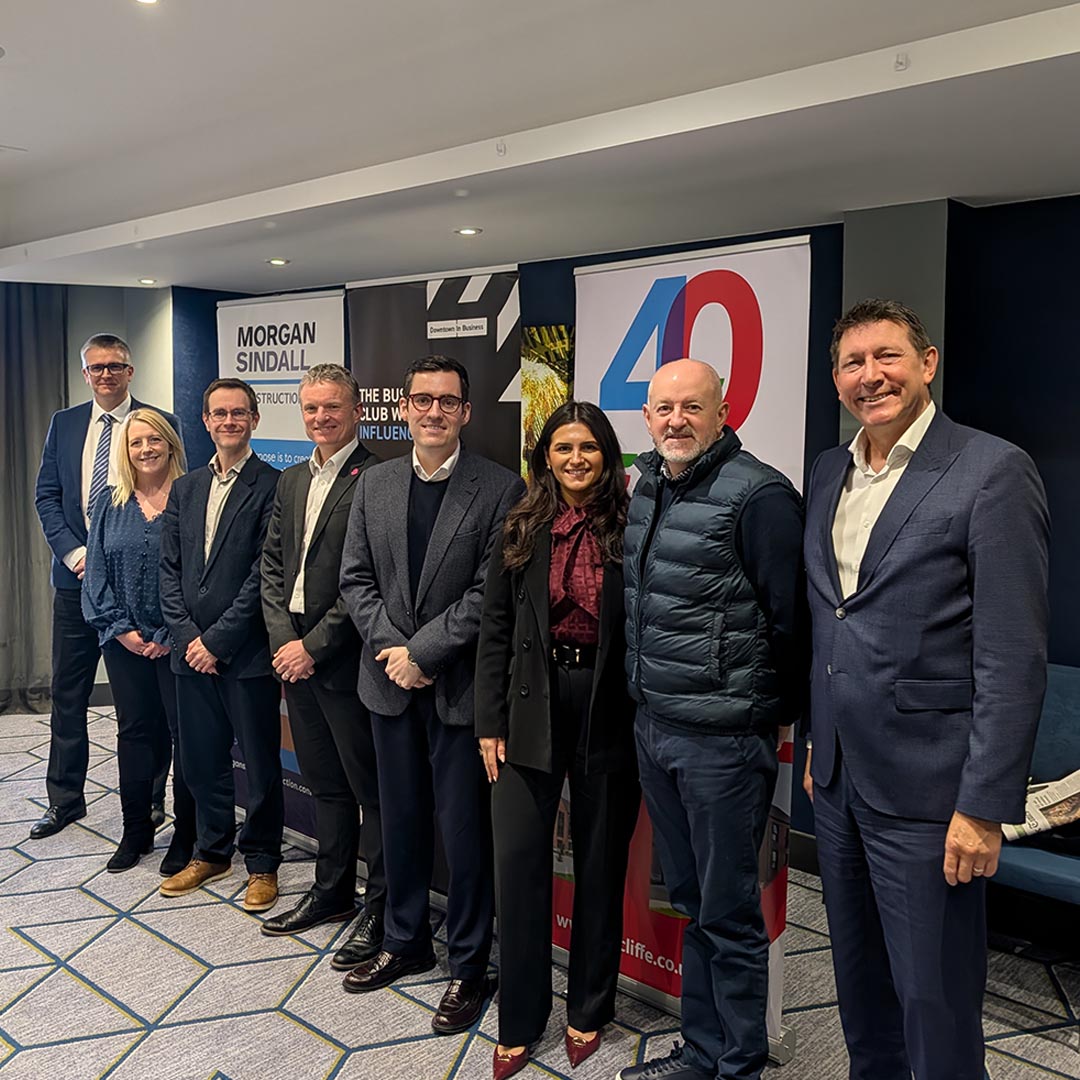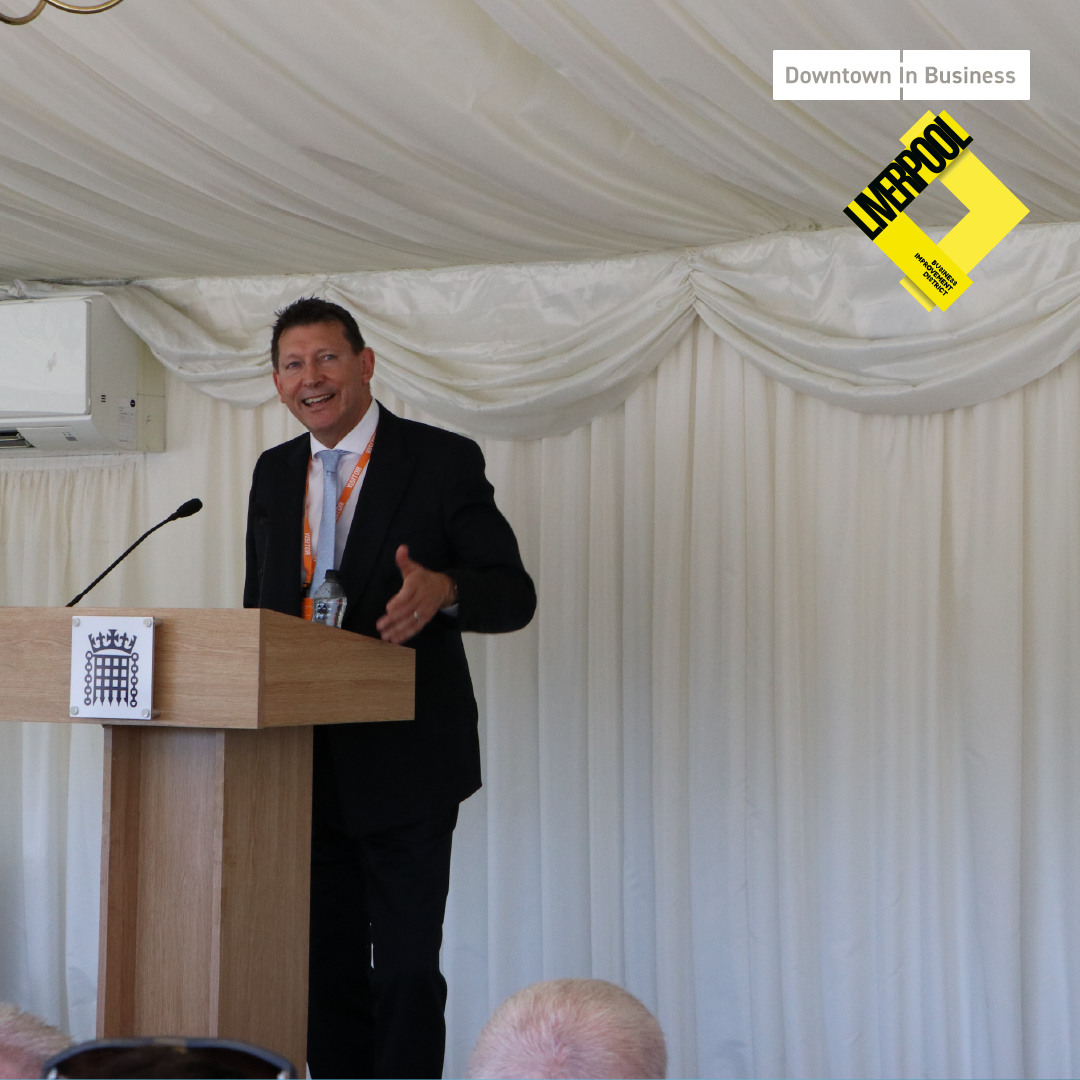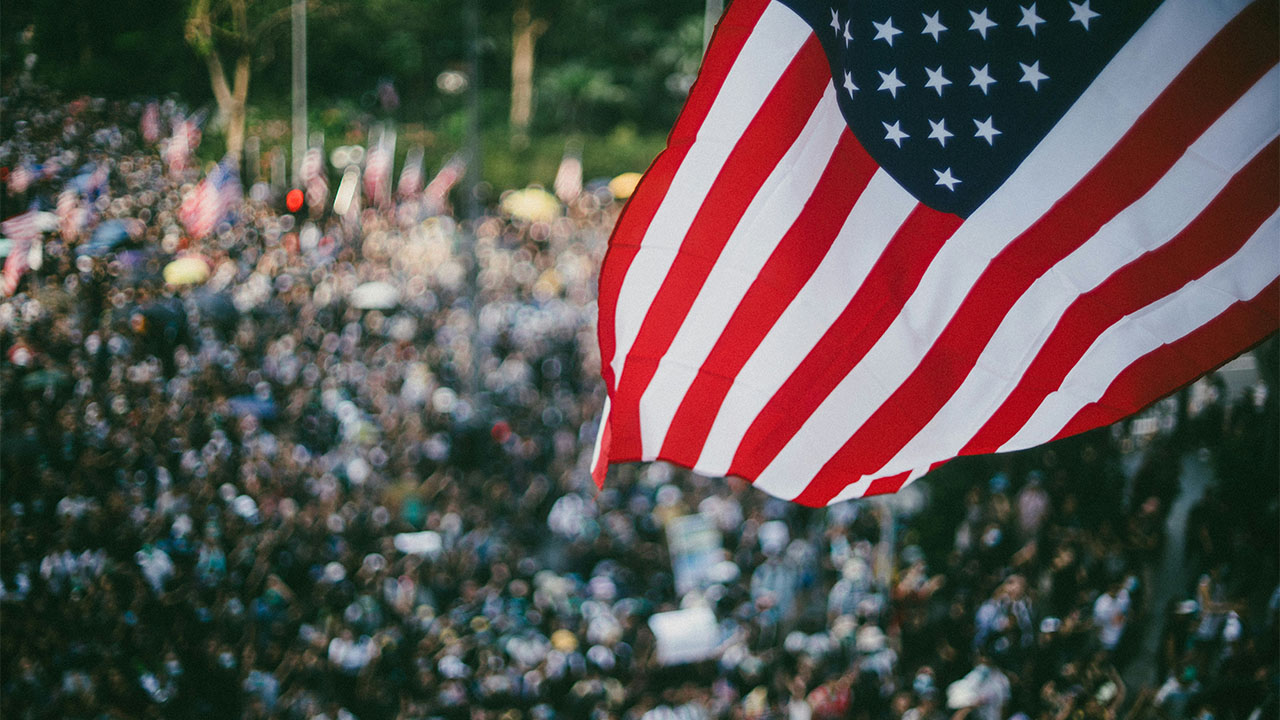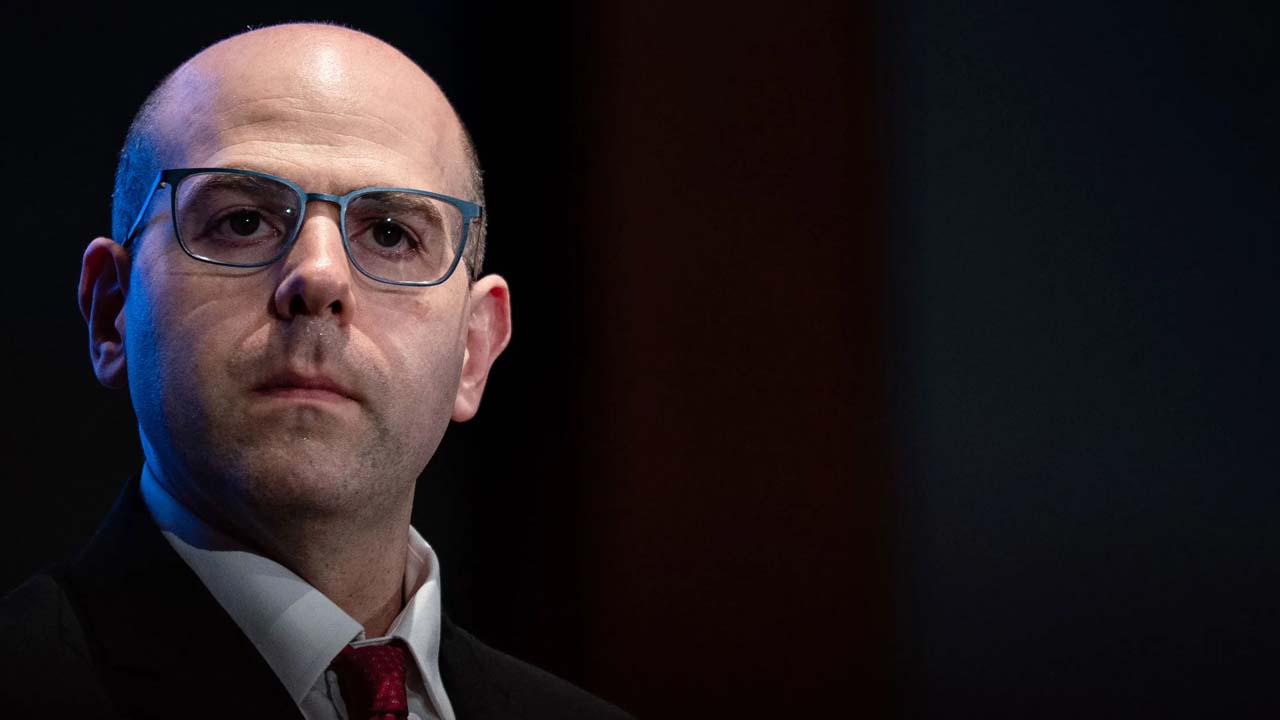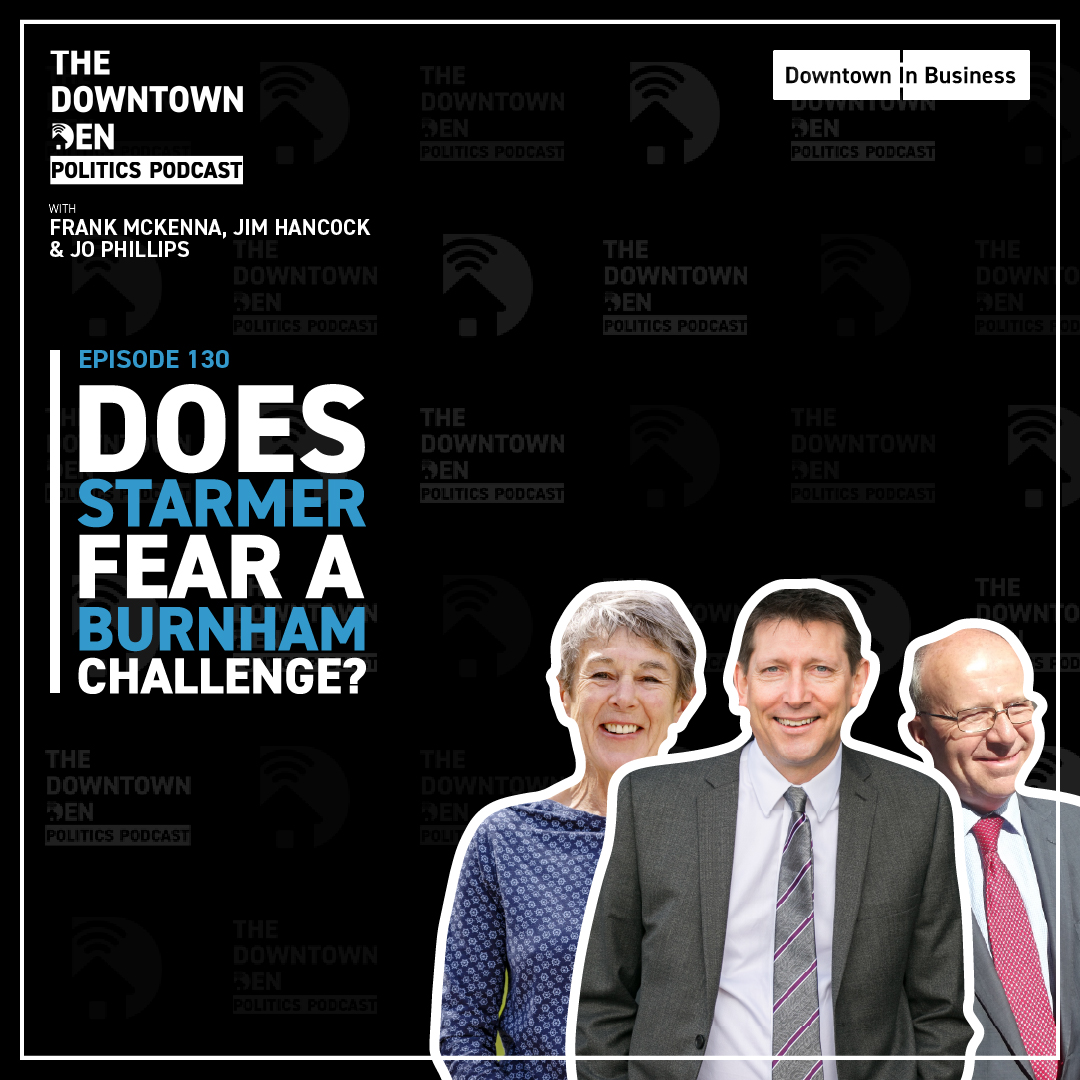America’s war on drugs is well documented.
U.S. military and financial might has been deployed extensively to try to staunch the supply of narcotics which flood America’s inner cities.
But a new front is being opened in a court room in Ohio this week.
Rather than pointing the finger at gangsters, hoodlums and international narco-cartels, drug control and public health advocates have your local CVS, Walmart or Boots pharmacy in the cross hairs.
Opioid-based painkillers are now America’s drug of choice. Opioids include heroin and morphine. Heroin is an entirely illegal poppy-derived injectable opioid while morphine is a legally available version which can be taken in pill form. Both are highly addictive and mess with the brain’s wiring producing euphoric highs and crashing lows. Both are highly addictive.
Prescription drugs use in America is at a record high. The tragic misuse of opioid-based painkillers like Oxycontin has led to more than half a million deaths since 2000.
So, this week, two NE Ohio counties, Lake and Trumball, have accused the giant retailers of failing to give their pharmacists the necessary “tools and opportunities” to stop the “diversion and improper sale” of opiates. They are heading to court to argue the retailers ignored employee warnings about inadequate safeguards.
The retailers, of course, deny this.
But, interestingly, don’t contest the scale of the problem which they acknowledge is rife throughout the whole country.
But the problem isn’t of their making, they counter.
The problem, they claim, is primarily fuelled by dodgy doctors and clinics who run ‘pill mills’ by overprescribing painkillers to anyone who wants them, and nefarious drug traffickers bringing pills in from abroad.
“Pharmacists don’t create demand,” says a lawyer for Walgreens. “They don’t tell doctors what prescriptions to write.”
America’s drug and medicine industry is a multi-trillion dollar businesses.
From the global pharmaceutical companies who make the pills, the health insurance companies which authorise payment, the doctors, hospitals and clinics which prescribe the use of the drugs, to the legion of retailers who make the pills available to chronic pain sufferers, and the black market which pushes the pills into the hands of the millions of addicts nationwide – everyone is making a buck out of pain relief.
That catches the attention of America’s other favorite money making past-time.
Litigation.
Learning from the tobacco wars, class action lawyers across America have started hunting the pharma companies and their supply chain partners.
Last month, Purdue Pharma – the maker of OxyContin – agreed to settle thousands of lawsuits against it in a $10bn deal which shut the company down. The firm’s owners – the wealthy and secretive Sackler family – gave up control of the business which will now focus on tackling the opioid crisis. In exchange, they were protected from future litigation.
And earlier in the Summer, the three largest US distributors which supply pharmacies and the drugmaker Johnson & Johnson proposed paying up to $26bn to settle all cases against them.
Big Pharma will be worried.
Like the tobacco firms, alcohol and gambling companies and chemical manufacturers before them, they will know how even the threat of litigation, embarrassing court-forced revelations of questionable business practices, and the eyewatering amounts of money being made from all this suffering and hardship, can quickly turn public opinion against them.
They will also know nervous investors will shy away from their stock offerings and share prices may slide. That’s bad news for everyone as the pharma companies are part and parcel of public and private pension fund portfolios everywhere.
The lawsuit moving to court this week may only be being brought by two small rural, rust belt counties in north-eastern Ohio but, if successful, it paves the way for similar actions across the country.
The problem has to be addressed.
The federal government is spending billions dealing with the consequences of the epidemic in crime, health and homelessness. Entire towns are being ripped apart, Native American communities have been hit particularly hard, and millions of American families are seeing their lives wrecked.
Litigation may be the answer. A comprehensive opiod settlement, though costly, may prove to be the best pain relief medicine for America.



